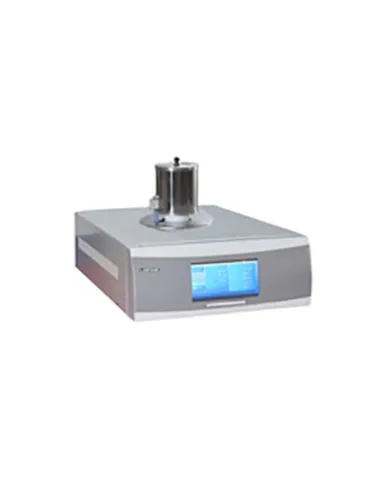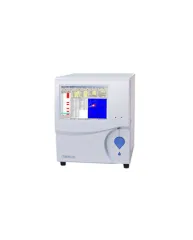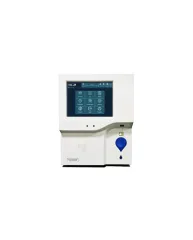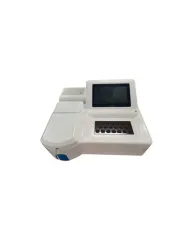
Differential Thermal Analyzer – Labtare ANA31-1350
Category :
Clinical Laboratory Analyzer & Equipment
Clinical Laboratory Analyzer & Equipment
Price :
Rp.589.400.000
More From Clinical Laboratory Analyzer & Equipment
Automatic Hematology Analyzer - Drawell DW-TEK8520
DW-TEK8520 is semiconductor laser scattering combined with cytochemical staining technology to achieve accurate five-classification of white blood cells, 5-part differentiation, 27 parameters 1 Scattergram, 4 Histograms Up to 90 samples per hour Optical solid state LASER scattering High efficient light collector (patented) 12.1″ TFT Touch Screen Original reagent, control and calibration. Easy to operate: Friendly and Intellective Software.Auto sample for option.
Rp.123
See DetailsAutomatic Hematology Analyzer - Drawell DW-TEK5000P
Hematology analyzers are used to count and identify blood cells in patients. Automatic hematology analyzer provides quantitative analysis of a patient’s blood components at high speed with accuracy to protect their health.
Rp.123
See DetailsSemi-auto Chemistry Analyzer - Drawell-Silver
Semi-auto chemistry analyzers are faster, more precise, cheap, and more compact as compared to fully automated analyzers, widely applied to various hospitals and research institutes, with the characteristics of high precision, excellent repeatability, and complete function.
Rp.123
See Details



